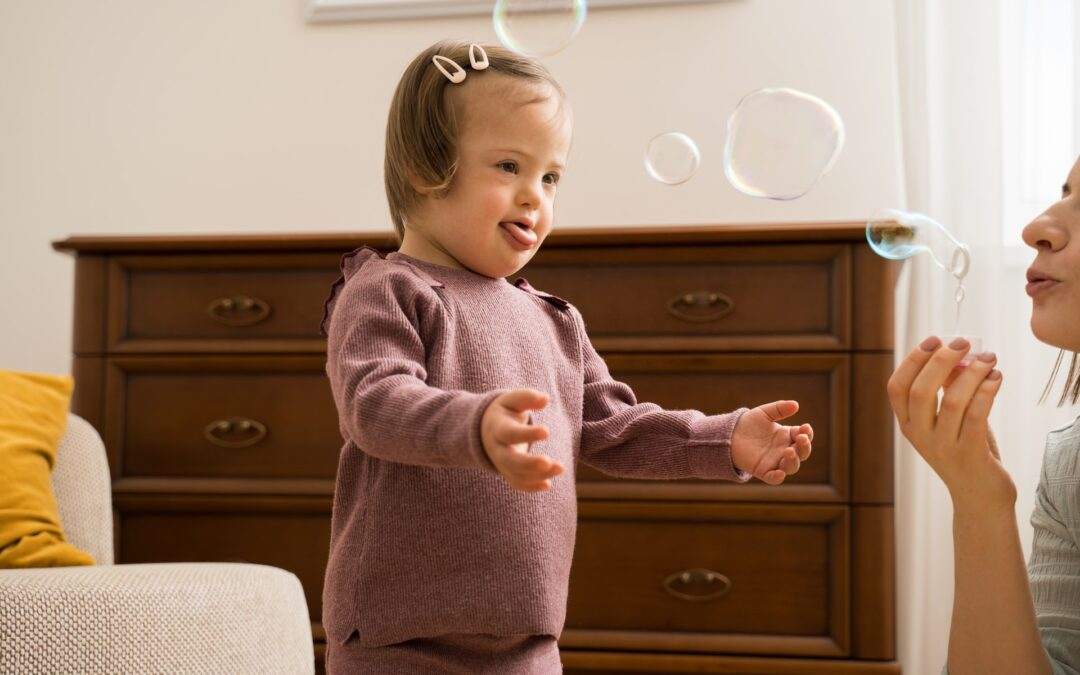Social skills are essential for navigating daily life, building relationships, and achieving success in various settings. For children with autism, developing these vital skills can be particularly challenging, making professional guidance and support crucial in helping them form meaningful connections with their peers, family members, and community. At Strive ABA Consultants, we understand the importance of social skills training as a fundamental component of Applied Behavior Analysis (ABA) therapy, and we are committed to helping your child build a strong foundation for social success.
In this article, we will delve into the role of social skills training in ABA therapy, discussing how it can benefit children with autism by cultivating fundamental social abilities, fostering lasting relationships, and promoting success in various aspects of life. We will also explore the personalized approach Strive ABA Consultants takes when implementing social skills training, ensuring that every child receives individualized support tailored to their unique needs and goals.
Our mission at Strive ABA Consultants is to provide comprehensive, evidence-based strategies to help children with autism break through barriers and embrace their full potential. By focusing on essential areas such as social skills development, we strive to empower each child to form meaningful connections, build confidence, and navigate the world with greater ease.
Key Social Skills Developed in ABA Therapy
Applied Behavior Analysis (ABA) therapy addresses various aspects of social skills development, focusing on individual components and helping children with autism build a strong foundation for social success. Some fundamental social skills targeted in ABA therapy include:
- Nonverbal Communication: Understanding and using nonverbal cues such as eye contact, facial expressions, and body language are crucial for successful social interactions. ABA therapy can help children develop these skills through targeted activities and practice.
- Conversational Skills: Engaging in fluid, back-and-forth conversations can be challenging for children with autism. ABA therapists work with children to teach essential conversational skills, such as turn-taking, active listening, and appropriate topic initiation.
- Emotional Recognition and Regulation: Recognizing and managing emotions – both one’s own and those of others – are fundamental to social success. ABA therapy helps children build emotion recognition and regulation skills, enabling them to navigate social situations more effectively.
- Cooperative Play and Peer Interactions: Learning to play cooperatively with peers is a vital aspect of social development. ABA therapists support children in acquiring skills necessary for successful peer interactions, such as sharing, taking turns, and demonstrating empathy.
The Benefits of Social Skills Training in ABA Therapy
Social skills training as a component of ABA therapy offers numerous benefits for children with autism. By cultivating these essential abilities, children can form meaningful relationships, experience improved quality of life, and enjoy increased success in various aspects of their lives. Some key benefits of social skills training include:
- Fostering Meaningful Relationships: Developing strong social skills enables children with autism to form lasting connections with peers, family members, and others in their community, enhancing their overall well-being.
- Promoting Academic Achievement: Social skills training in ABA therapy can facilitate success in school settings by improving children’s ability to work cooperatively with classmates, engage with teachers, and participate in group activities.
- Enhanced Self-Esteem: As children with autism gain confidence in their social abilities, their self-esteem can improve, leading to feelings of empowerment and a greater sense of self-worth.
- Increased Opportunities for Community Involvement: By honing their social skills, children with autism can more easily participate in community events, clubs, and recreational activities, broadening their experiences and fostering a sense of belonging.
Strive ABA Consultants’ Personalized Approach to Social Skills Training
At Strive ABA Consultants, we believe that each child is unique, requiring an individualized approach to social skills training within ABA therapy. Our team of professionals works closely with children and their families to develop personalized plans that target specific social skills, needs, and goals. Key elements of our personalized approach include:
- Comprehensive Assessments: Our team conducts thorough assessments to identify each child’s strengths and areas of growth in social skills development, providing valuable information that guides intervention planning.
- Parent and Family Involvement: Recognizing the crucial role parents and family members play in a child’s development, we collaborate with families to provide support, offer guidance, and work together toward meaningful social growth.
- Flexible and Adaptable Strategies: We utilize evidence-based ABA strategies and techniques tailored to each child’s unique needs, adjusting our approach as needed to best support ongoing social development.
- Focus on Generalization: Our experts emphasize the importance of generalizing social skills across various settings and with different individuals, ensuring that children can apply their learned skills outside of therapy sessions and in real-world interactions.
Empowering Children with Autism through Social Skills Training
By fostering essential social skills in children with autism, ABA therapy helps to empower them to build lasting connections, achieve success in various settings, and experience an improved quality of life. Mastering the nuances of social interactions can be a challenging journey, but with the support of dedicated professionals like the team at Strive ABA Consultants, children with autism can make significant strides toward social success.
Conclusion
Social skills training in ABA therapy plays a vital role in helping children with autism build a strong foundation for meaningful connections and social achievement. The benefits of social skills development, such as fostering relationships, promoting academic success, and enhancing self-esteem, highlight the importance of investing in comprehensive ABA therapy services for your child.
With personalized approaches and evidence-based strategies, Strive ABA Consultants are dedicated to supporting children with autism in their unique journey toward social growth. To learn more about our specialized social skills training and how we can empower your child to form meaningful connections, contact our team today and begin the journey toward a brighter, more socially connected future.


